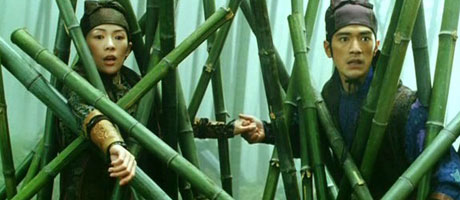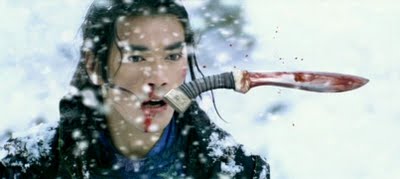A federal judge dismisses a case brought against chemical companies by Vietnamese plaintiffs for the manufacture of Agent Orange during the Vietnam War. I’m torn on this one. While the fact that the companies settled a similar lawsuit by American veterans for $180 million makes them seem rather shady, I think their reasoning is probably sound — the decision for the defoliant’s use was ultimately made by the US Government. (If it can be proven that these companies covered up the harmful side effects of Agent Orange to the US, then the government should be bringing the suit against them — either way, though, it seems to me the responsibility for deployment of Agent Orange rests in Washington.)
As Dangerous Meta similarly noted, Judge Weinstein’s argument that Agent Orange wouldn’t be included in the Geneva prohibition against chemical weapons seems like a reach. “‘The prohibition extended only to gases deployed for their asphyxiating or toxic effects on man,’ said the decision…’not to herbicides designed to affect plants that may have unintended harmful side-effects on people.’” Hmmm…so long as side-effects of a given chemical are “unintended” (which itself is an open question regarding Agent Orange), it can be used in the field? That opens the door to a lot of horrible and underhanded trickery in wartime. Despite what some Dubya-appointed freakshows might think, we should be trying to make the international restriction against chemical weapons more, not less, stringent.



